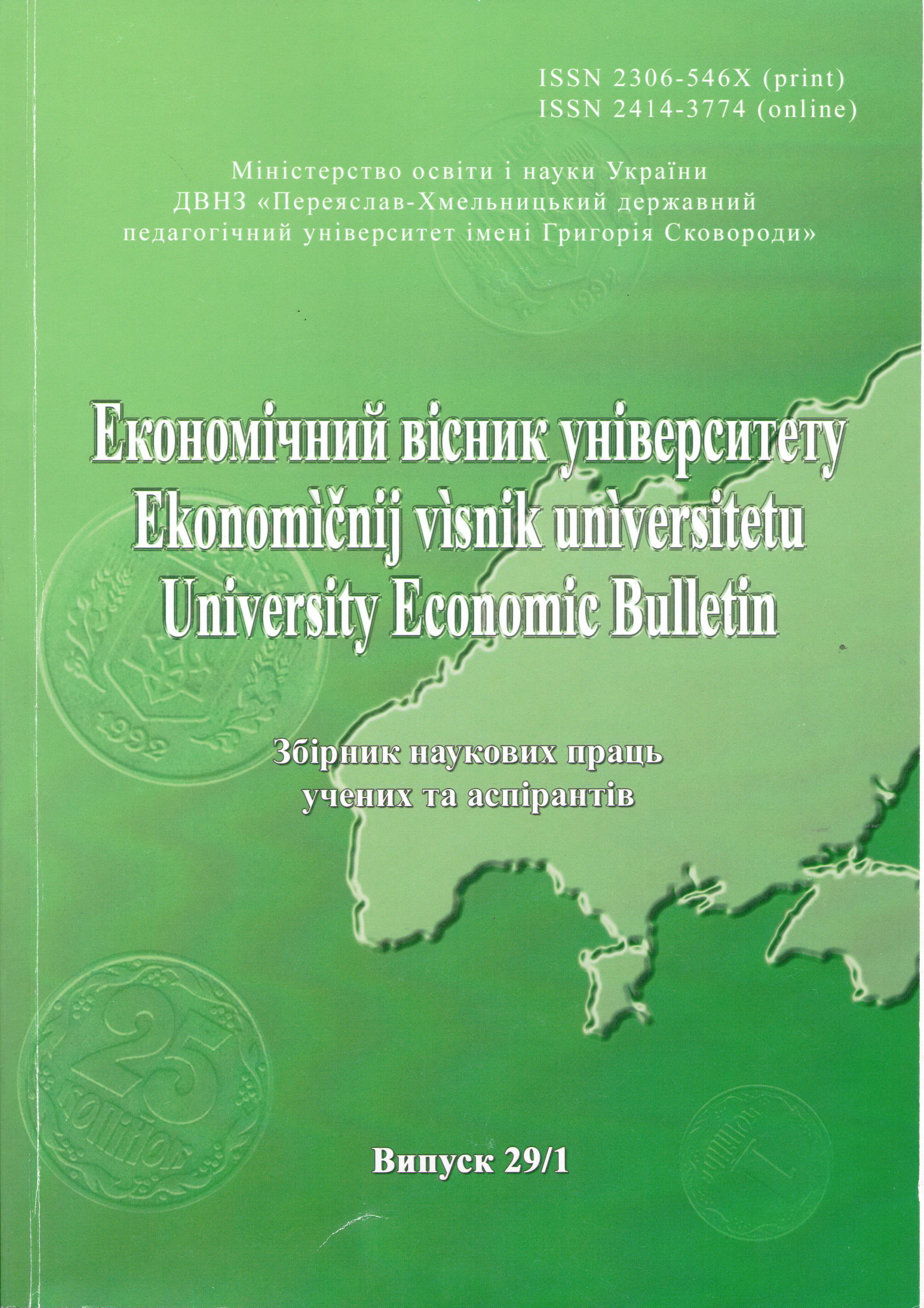Выгоды и потери от межрегиональной конкуренции за экологические ресурсы
Выгоды и потери от межрегиональной конкуренции за экологические ресурсы
Author(s): Alexandra Ugryumova, Tatyana KapustinaSubject(s): National Economy, Energy and Environmental Studies, Regional Geography, Environmental and Energy policy
Published by: Університет Григорія Сковороди в Переяславі
Keywords: border areas; competitive advantages; ecological resources; quality of life; sharing; competitive interaction; environmental policy; «green economy»; global competition
Summary/Abstract: As a subject of research some border regions of Russia were identified. Facing increasing of cross-border contacts the barrier functions of the contact boundaries are dramatically growing. The strong trend is in the sharing of environmental resources. A substantial part of cross-border resources belongs to the category of non-renewable, and the loss of or a significant deterioration in the quality of these resources will certainly affect the quality of life not only for the current generation, but also for the future. Increasing the number of Russian regions, supporting cross-border functions, also substantiates the need for the present study confirms its relevance and timeliness. The main purpose of the present article was systematization of gains and losses on inter-regional competition for environmental resources. Method, methodology of work: In this paper were used the methods of logic and comparative analysis, generalized method. A systematic analysis of the factors used target management methodology and territorial system has been implemented. Results: As the results of the study highlighted the major losses of inter-regional cooperation in the field of competitive consumption of environmental resources of border regions of Russia. Some regional mechanisms for the implementation of environmental policy in the border regions were marked. The most important benefits and advantages of cross-border cooperation in the use of environmental resources were also concretized. Application of the results: The most important results of the study can be used in the practice of public authorities of subjects of the Russian border, as well as similar bodies of other countries interested in the management of cross-border environmental resources and to increase the competitiveness of their regions. Conclusions: The study and enriching of the experience in cross-border cooperation in the field of environmental resource sharing allows you to effectively and efficiently manage natural capital territory and create favorable living conditions of the population and to ensure the realization of mutual interest for all subjects of competition of frontier territories.
Journal: Економічний вісник університету
- Issue Year: 1/2016
- Issue No: 29
- Page Range: 191-198
- Page Count: 8
- Language: Russian

